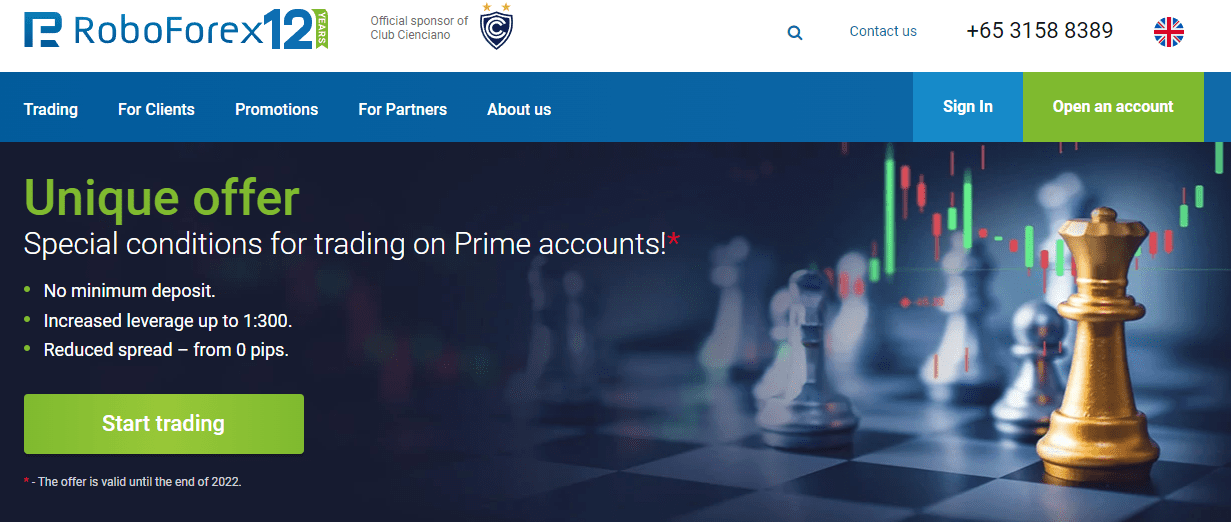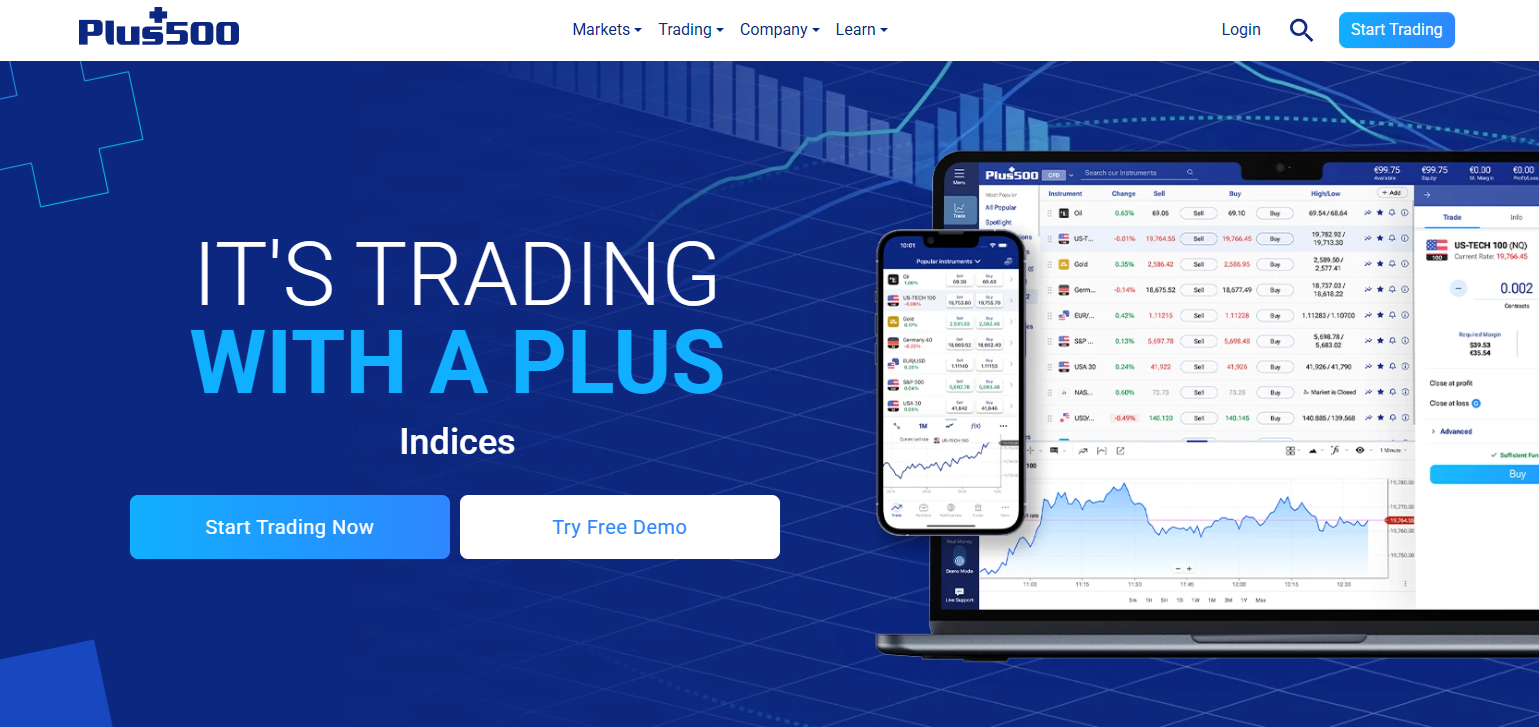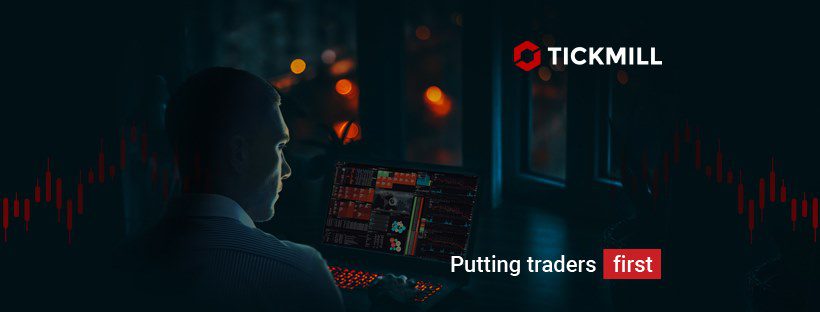Looking for the best zero-spread brokers to boost your trading game in 2025? You’re in the right place! As traders, we all know that every pip counts, and finding a broker that offers zero spreads can make a big difference in maximizing your profits. But with so many options out there, how do you choose the right one?
Our team at Asia Forex Mentor has been in the trenches and tested these brokers firsthand. We’ve analyzed everything from trading conditions to customer support to help you find the perfect match. In this guide, we’re breaking down the top 5 zero-spread brokers for 2025. So, let’s jump in and discover the brokers that can give you the trading edge this year!
What is a Zero-Spread Broker?
A zero-spread broker is exactly what it sounds like – a broker that offers trading with zero spreads. In simple terms, the spread is the difference between the buying (ask) price and the selling (bid) price of a trading instrument, like a currency pair in forex. Most brokers make their money from these spreads, so when a broker offers zero spreads, it means that the buy and sell prices are the same, potentially lowering trading costs.
Why trade with zero-spread brokers? The main advantage is obvious: you save money. For traders who rely on fast entries and exits, like scalpers or day traders, every pip matters. Zero-spread brokers can also provide more transparency in trading costs since you’re not worried about hidden fees buried in the spread.
However, it’s essential to know that zero-spread brokers might charge other types of fees, like commissions per trade. So, it’s not always a free lunch, but for many traders, the cost savings on spreads can be significant.
When choosing a zero-spread broker, here are a few key features to consider:
- Regulation and Safety: Always ensure the broker is regulated by a reputable financial authority.
- Trading Platforms: Look for brokers that offer platforms like MetaTrader 4 or 5, which are known for their reliability.
- Fees and Commissions: Check if there are commissions or other charges.
- Execution Speed: Fast execution can be critical, especially for high-frequency trading.
- Customer Support: Quick, effective support can save you a lot of headaches.
Why Choose a Zero-Spread Broker in 2025?
So, why should you consider a zero-spread broker in 2025? The market is evolving, and so are the brokers. With more traders demanding lower trading costs and better trading conditions, brokers are increasingly offering zero-spread accounts to attract new clients.
In 2025, we’re seeing a trend towards brokers competing aggressively to offer the best trading conditions. Zero spreads are one way to stand out. For traders, this is a win-win situation – more options and potentially lower costs!
Zero-spread brokers can significantly impact trading outcomes by reducing your overall costs. For example, if you’re a scalper who makes dozens of trades a day, zero spreads can save you a ton of money over time. And even for less active traders, the savings can add up, especially in volatile markets where spreads can widen significantly with traditional brokers.
Another key advantage is transparency. Since there’s no spread to mark up, what you see is what you get. You know exactly how much you’re paying and can better plan your trades. Compared to other broker types, zero-spread brokers can provide a clearer picture of your trading costs.
Criteria for Selecting the Best Zero-Spread Brokers
At Asia Forex Mentor, our team of trading experts has put together a carefully curated list of the best zero-spread brokers for 2025. But what exactly did we look for when choosing these brokers? Here are the top criteria:
- Regulation and Safety: First and foremost, a broker must be regulated by a recognized authority like the Financial Conduct Authority (FCA) in the UK or the Australian Securities and Investments Commission (ASIC). Regulation ensures that the broker follows certain standards and offers some protection for your money.
- Trading Platforms: A good broker should offer reliable and user-friendly trading platforms. MetaTrader 4 and MetaTrader 5 are popular choices among traders due to their robust features and ease of use. Some brokers may also offer proprietary platforms with unique tools.
- Fees and Commissions: Even though we’re talking about zero spreads, there might still be other fees involved, like commissions or deposit/withdrawal charges. It’s important to look at the overall fee structure, not just the spreads.
- Execution Speed and Liquidity: Fast execution is vital, especially if you’re trading in fast-moving markets. A broker with high liquidity ensures you can get your trades executed quickly and at the desired price, which can make a big difference in your profitability.
- Customer Support and User Experience: Trading can be stressful, especially when things don’t go as planned. That’s where good customer support comes in. We looked for brokers that offer 24/7 support through multiple channels, such as live chat, phone, and email, to make sure you get the help you need when you need it.
Top 5 Best Zero-Spread Brokers in 2025
#1. RoboForex
What is RoboForex?
RoboForex is a popular online broker known for its high leverage options, low-cost trading, and support for multiple trading platforms such as MetaTrader 4, MetaTrader 5, and cTrader. As a zero-spread broker, RoboForex offers its ECN accounts with spreads starting from 0.0 pips on major forex pairs, providing significant cost savings for traders who frequently enter and exit positions. This setup is particularly appealing to scalpers and day traders who require tight spreads and fast execution speeds. RoboForex is regulated by the International Financial Services Commission (IFSC) of Belize, offering a level of oversight, although it might not be considered top-tier by some traders.
Advantages and Disadvantages of RoboForex
RoboForex Commissions and Fees
RoboForex offers various account types, with its ECN accounts featuring zero spreads starting from 0 pips but charging a commission of $20 per $1 million traded. Standard accounts have wider spreads but no commission fees. Additionally, there may be costs associated with specific deposit and withdrawal methods depending on the payment provider. This fee structure provides flexibility, allowing traders to choose an account that best fits their trading style and cost preferences.
OPEN AN ACCOUNT NOW WITH ROBOFOREX AND GET YOUR WELCOME BONUS
#2. Plus500
What is Plus500?
Plus500 is primarily a spread-based broker, meaning it typically generates revenue through bid-ask spreads rather than commissions. While it is not traditionally classified as a zero spread broker, it does offer competitive and tight spreads across various assets, particularly in major forex pairs and popular CFDs. Additionally, Plus500 is regulated by top-tier financial authorities, including the Financial Conduct Authority (FCA), Australian Securities and Investments Commission (ASIC), and Cyprus Securities and Exchange Commission (CySEC), ensuring a secure and transparent trading environment. Its user-friendly platform, commission-free trading model, and strong regulatory oversight make it a top choice for traders seeking cost-effective trading conditions.
Advantages and Disadvantages of Plus500
Plus500 Commissions and Fees
Plus500 operates on a commission-free model, meaning traders do not pay extra fees per trade beyond the bid-ask spread. While deposits and withdrawals are free, traders should be aware of additional costs such as an inactivity fee of up to $10 per month after three months of non-use and a currency conversion fee of up to 0.7% for trades in different currencies. Overnight funding fees may also apply for positions held overnight, depending on market conditions. Despite these charges, Plus500 remains transparent in its pricing, with no hidden fees or unexpected costs.
OPEN AN ACCOUNT NOW WITH PLUS500 AND GET YOUR WELCOME BONUS
OPEN A DEMO ACCOUNT ON PLUS500
#3. Pepperstone
What is Pepperstone?
Pepperstone is a globally recognized forex and CFD broker, established in 2010, known for its low spreads, fast execution speeds, and strong regulatory framework. As a zero-spread broker, Pepperstone offers its Razor account, where spreads can start from as low as 0.0 pips on major forex pairs, making it an ideal choice for traders looking to minimize their trading costs. The broker is regulated by top-tier authorities, such as the Australian Securities and Investments Commission (ASIC) and the Financial Conduct Authority (FCA) in the UK, ensuring a secure trading environment. Additionally, Pepperstone provides multiple trading platforms, including MetaTrader 4, MetaTrader 5, and cTrader, which are highly popular among traders for their advanced trading tools and features.
Advantages and Disadvantages of Pepperstone
Pepperstone Commissions and Fees
Pepperstone offers two main account types: the Razor account and the Standard account. The Razor account is designed for traders seeking low spreads, featuring spreads starting from 0.0 pips but charges a commission of $3.50 per side per lot traded. The Standard account, on the other hand, has no commissions but slightly wider spreads. The broker does not charge any fees for deposits or most withdrawals, but an inactivity fee of $15 is applied if the account remains inactive for more than six months. This fee structure is attractive for both active traders and those who prioritize transparent pricing with low trading costs.
OPEN AN ACCOUNT NOW WITH PEPPERSTONE AND GET YOUR WELCOME BONUS
#4. Tickmill
What is Tickmill?
Tickmill is a well-established Forex and CFD broker, founded in 2014, that is known for its competitive spreads, fast execution speeds, and a secure trading environment. As a zero-spread broker, Tickmill offers its Pro Account, where spreads start from 0.0 pips on major forex pairs, making it an attractive option for traders seeking minimal trading costs. The broker is regulated by reputable authorities such as the FCA in the UK, CySEC in Cyprus, and FSA in Seychelles, ensuring a high level of trust and security for its clients. Tickmill also provides access to multiple trading platforms, including MetaTrader 4 and WebTrader, catering to both beginner and professional traders looking for a cost-effective trading solution.
Advantages and Disadvantages of Tickmill
Tickmill Commissions and Fees
Tickmill provides three main account types: Classic, Pro, and VIP. The Classic account has no commissions, with costs included in the spreads starting from 1.6 pips. The Pro account offers spreads starting from 0.0 pips with a commission of $2 per side per lot, while the VIP account also has spreads from 0.0 pips but charges a lower commission of $1 per side per lot. Tickmill does not charge fees for deposits or withdrawals via PayPal and does not impose inactivity fees, making it a cost-efficient option for both active and long-term traders.
OPEN AN ACCOUNT NOW WITH TICKMILL AND GET YOUR WELCOME BONUS
#5. FBS
What is FBS?
FBS is an international forex broker established in 2009, known for its commitment to providing competitive trading conditions and a range of financial instruments, including forex, commodities, cryptocurrencies, stocks, and indices. As a zero-spread broker, FBS offers its ECN account with spreads starting from 0.0 pips on major forex pairs, making it a popular choice among traders looking to minimize trading costs. The broker is regulated by the International Financial Services Commission (IFSC) and the Cyprus Securities and Exchange Commission (CySEC), ensuring a secure trading environment. FBS also supports popular trading platforms like MetaTrader 4 and MetaTrader 5, providing advanced trading tools and educational resources, making it accessible to traders of all experience levels.
OPEN AN ACCOUNT NOW WITH FBS AND GET YOUR WELCOME BONUS
Advantages and Disadvantages of FBS
FBS Commissions and Fees
FBS employs a transparent fee structure with both spread-only and commission-based pricing, depending on the account type. The Standard Account is commission-free, with spreads starting from 0.5 pips, while the ECN Account offers tighter spreads starting from 0.0 pips but charges a commission. FBS generally does not charge deposit fees, but withdrawal fees may vary depending on the payment method, such as a $30 fee for bank wire transfers. Additionally, an inactivity fee of $5 per month is applied if an account remains dormant for six months or more, provided the account balance is greater than zero. For the most current and accurate information on fees and withdrawal procedures, it is recommended to check directly with FBS or their official website.
Tips on Trading with a Zero-Spread Broker
Trading with a zero spread forex broker can offer significant cost advantages, but it’s important to know how to make the most of these accounts. Here are some practical tips from our team at Asia Forex Mentor, who have gained deep insights by trading with various zero spread forex brokers:
- Understand the Fee Structure: While a zero spread account eliminates the spread cost, brokers often charge a commission on every trade. It’s crucial to calculate these commissions against your expected trading volume to determine if this account type truly benefits you. Be aware that the commission fees can vary widely between brokers, so comparing options is essential.
- Choose the Right Broker and Account Type: Not all zero spread forex brokers are created equal. Some might offer better conditions, such as lower commissions, faster execution, or more reliable platforms. Focus on brokers that are well-regulated, like those overseen by the FCA, ASIC, or CySEC, as they typically offer greater transparency and security. Assess different zero spread trading accounts to find one that aligns with your trading style and needs.
- Monitor Execution Speed and Platform Performance: A zero spread account is especially useful for strategies like scalping or day trading, where every second counts. Ensure your broker offers fast execution speeds and a stable, user-friendly platform. Try trading during high-volatility periods to test how well the platform handles such conditions.
- Watch for Additional Fees: Some brokers may have fees beyond the standard commission, such as swap fees for holding positions overnight. If you plan to hold trades for more than a day, investigate the broker’s swap rates or consider opening a swap-free account if available.
- Make Use of the Broker’s Tools and Resources: Many zero spread forex brokers provide additional tools, market analysis, and educational materials to support your trading. Take advantage of these resources to stay informed and enhance your trading decisions.
- Regularly Evaluate Your Broker’s Performance: Even if you find the best zero spread forex broker, it’s crucial to regularly assess their performance. Market conditions, broker policies, and fees can change, impacting your trading results. Stay vigilant and ready to switch brokers if needed.
- Understand the Market Conditions: Zero spread trading accounts are often most effective during times of high market liquidity when spreads are naturally tighter. Be mindful of times when liquidity is low, such as during holidays or major economic events, as this may affect the effectiveness of zero spread trading.
- Test with a Demo Account: Before committing to a zero spread account, consider testing the broker’s platform using a demo account. This allows you to experience the trading conditions without risking real money, giving you a clearer understanding of what to expect.
Conclusion
Choosing a zero-spread broker can offer significant advantages, particularly for those who engage in frequent trading or use strategies that benefit from tight cost control. However, it’s crucial to understand the full picture – from commissions to platform performance and additional fees. By taking a strategic approach, leveraging available tools, and regularly reviewing your broker’s performance, you can maximize the benefits of zero-spread trading.
Also Read: The 5 Best Raw Spreads Brokers in 2025: Ultimate Guide for Traders








